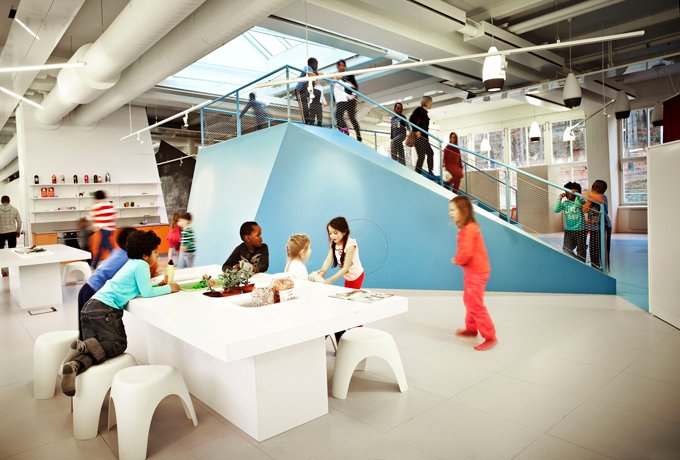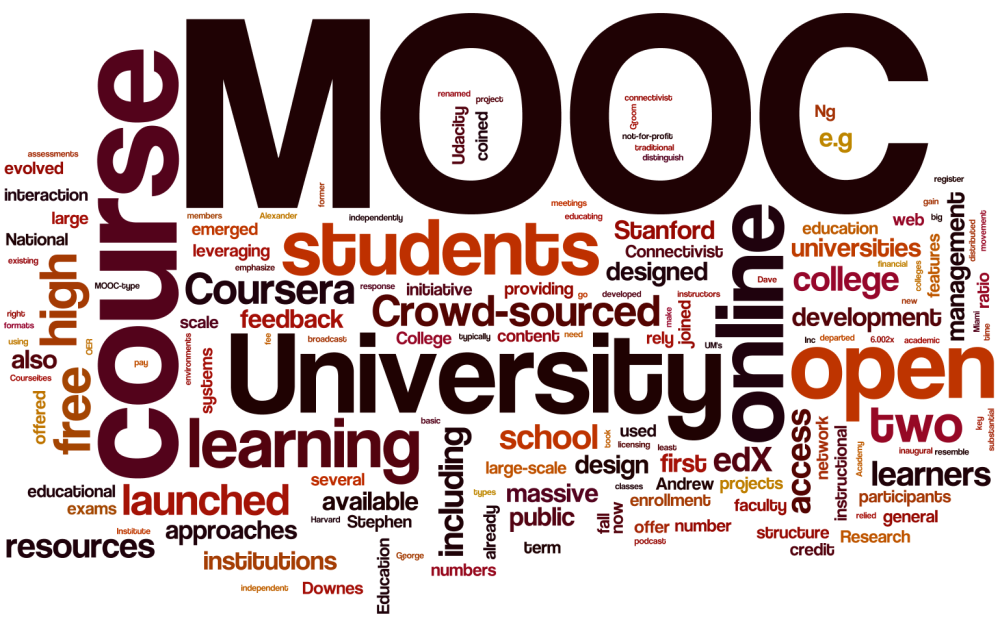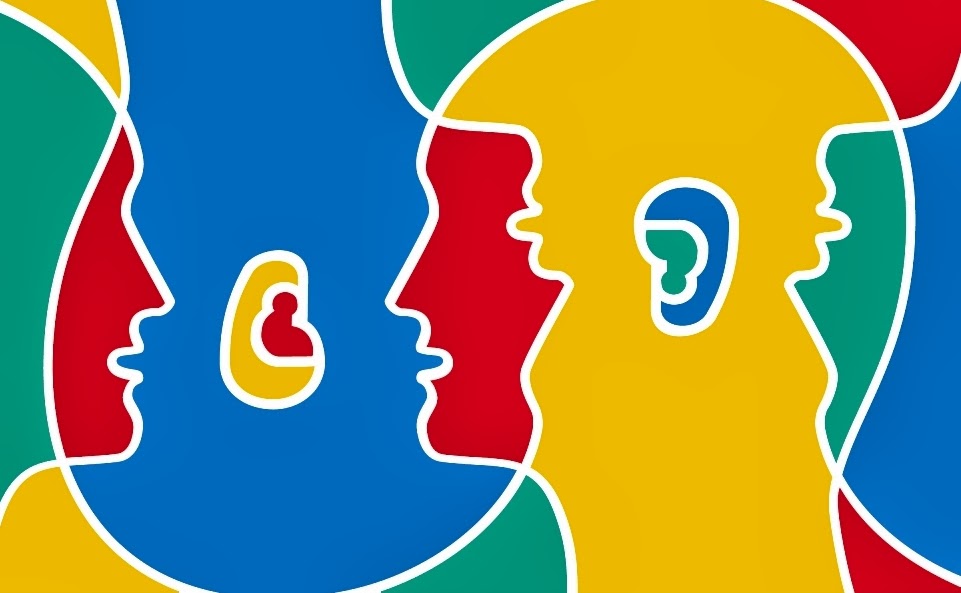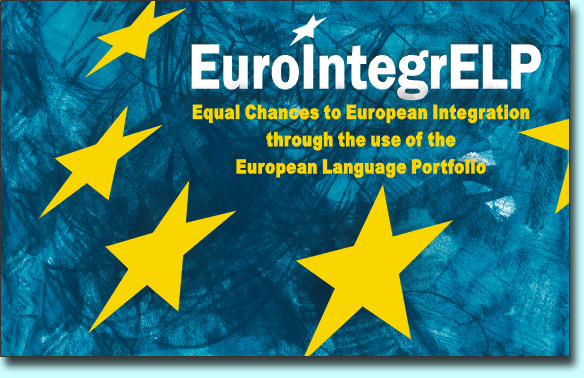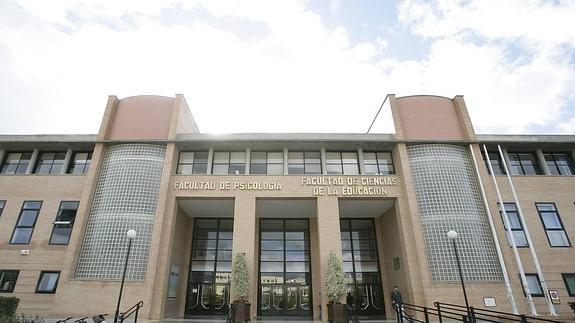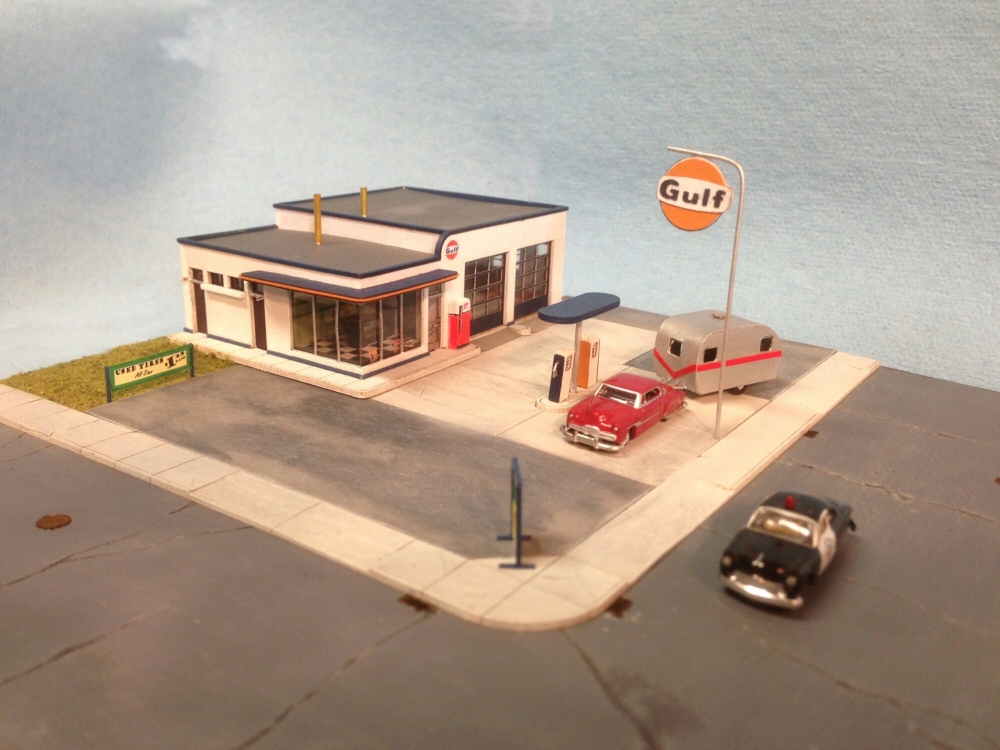
In a Gas Station you can take your car, and fill it up with fuel so as to get as far as you want. Or you can take your pupils there and teach them as far as you wish. Catching the example that Agustin showed us in Procesos lesson, we can talk about Project Works.
The holistic view states that lessons should tackle every matter of life, at the same time. The division of subjects puts limits to a satisfactoty comprehension of the real world, so that it would be better to show all its aspects interconnected, as forming a whole entity and not as separate fields of knowledge. Because real knowledge is about having a complete, interdisciplinary vision of the world.
From this standpoint, Project Work -as we translate “Trabajo por Proyectos”-, leads to an all-embracing task. That is, setting a particular starting point, in this case, a gas station, the class has the possibility of choosing different paths of investigation. For example, we can trace back the travel of petrol from the exploration of a piece of land to the tanks of the station, so that we can learn about geography, chemical transformations, engineering, etc. Besides, we can calculate the cost of all the process and the benefits of the industry, studying maths and economics. There is also the possibility of diving into the history of petrol and all its surrounding events…
Nevertheless, we are interested in language teaching. For this purpose, the class could practice a foreign language by imagining a situation in the gas-station. That is, performing a dialogue between the customer and the seller where the former asks the latter to fill up the tank of the car, or to check the pressure of the tyres, etc. The idea is to work on real life situations, focusing on the instrumental, communicative side of the language, although we even have the opportunity to look at sentence structure, if you wish.
After all the aspects have been investigated and exposed, the class joins all the information collected, creating the project and allowing the students to grasp, not an isolated point of a given subject, but a complete picture of a little piece of life.
http://bie.org/about/what_pbl

